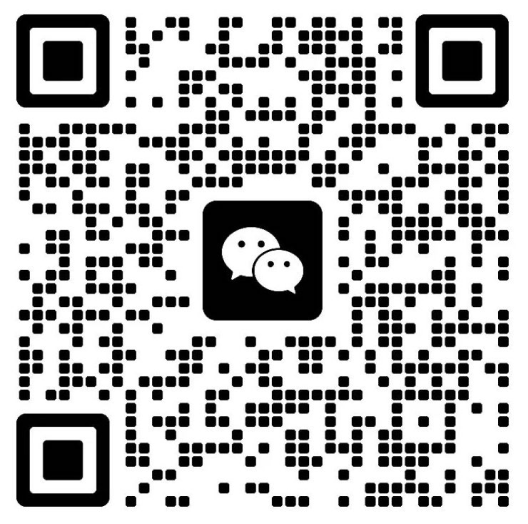
ChatAI 智能内容创作平台
登录
绘图
发送
AI思考中...

澳洲地区研究:how does Australia deal with their dilemma between trade and politics400词英文作文
2024-08-01 17:09:48
来自 澳门特别行政区澳门特别行政区 用户
" Australia faces a dilemma between trade and politics. On one hand, the country depends heavily on international trade for its economic growth, with China being its largest trading partner. On the other hand, Australia is a close ally of the United States, which has led to political tensions with China. How does Australia deal with this dilemma?
Firstly, Australia has been trying to diversify its trade partners. Despite the economic benefits of trade with China, the country has also been expanding its trade relationships with other countries, such as India, Indonesia, and Japan. This strategy helps to reduce Australia's dependence on China and mitigate the risks of political tensions.
Secondly, Australia has been emphasizing the importance of rules-based trade. The country is a strong advocate for the World Trade Organization (WTO) and other multilateral trade agreements. By promoting a rules-based trading system, Australia can ensure that trade disputes are resolved fairly and that its interests are protected.
Thirdly, Australia has been engaging in dialogue and cooperation with China. Despite the political tensions, the two countries have been maintaining a constructive relationship. They have been holding regular meetings and dialogues on various issues, such as trade, investment, and security. This engagement helps to promote mutual understanding and prevent misunderstandings from escalating into larger conflicts.
In conclusion, Australia is dealing with its trade-politics dilemma by diversifying its trade partners, emphasizing the importance of rules-based trade, and engaging in dialogue and cooperation with China. These strategies help to protect Australia's economic interests and maintain its political relationships with its key allies and trading partners. However, the challenges posed by the trade-politics dilemma are likely to continue, and Australia will need to adapt and adjust its strategies as necessary."

ChatAI 智能内容创作平台
内容数
浏览数
用户数



